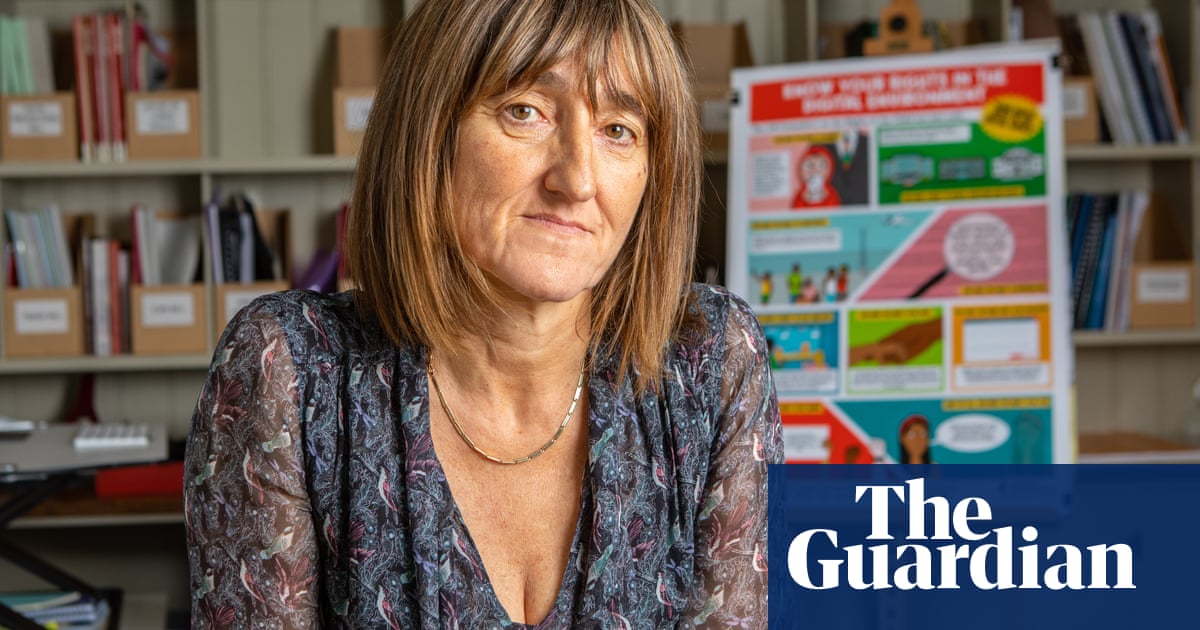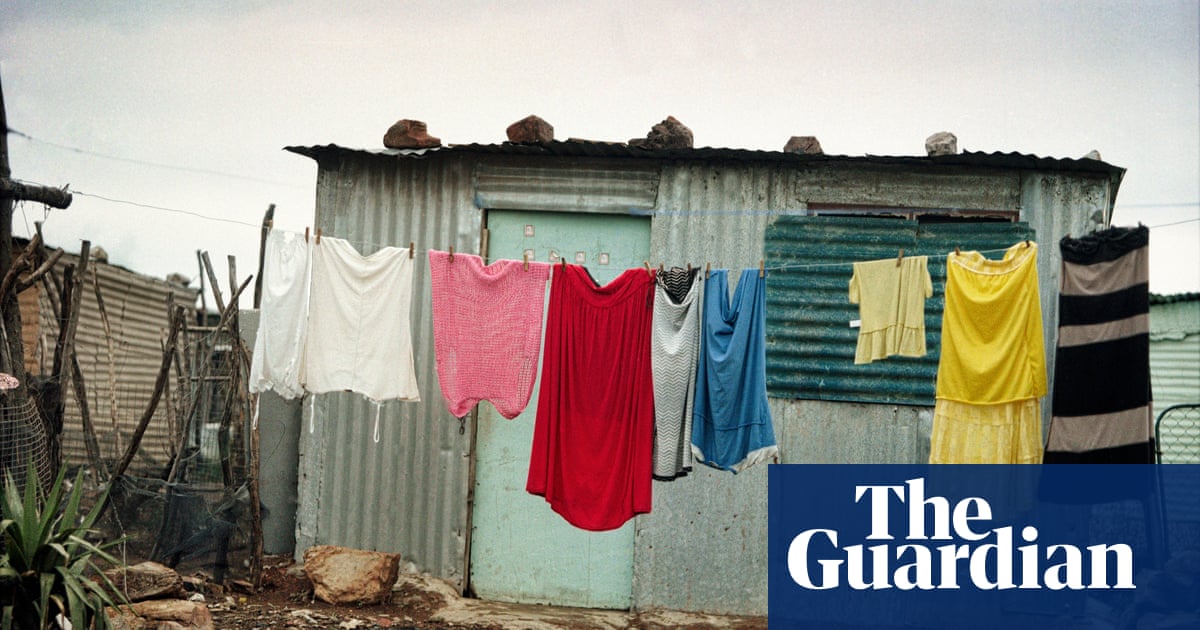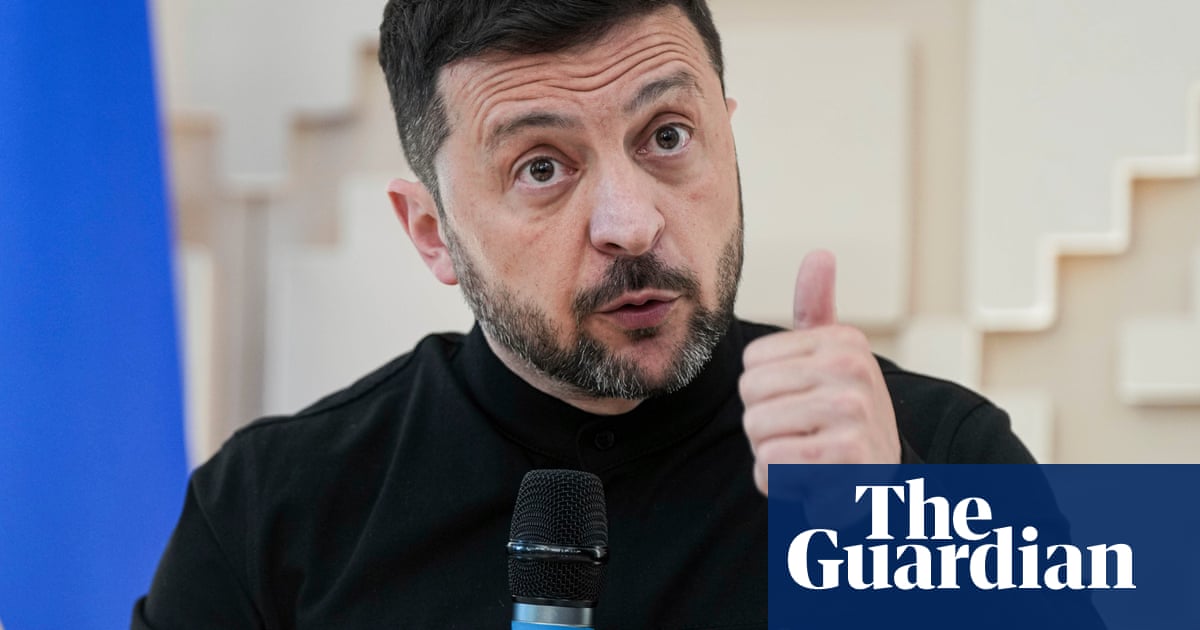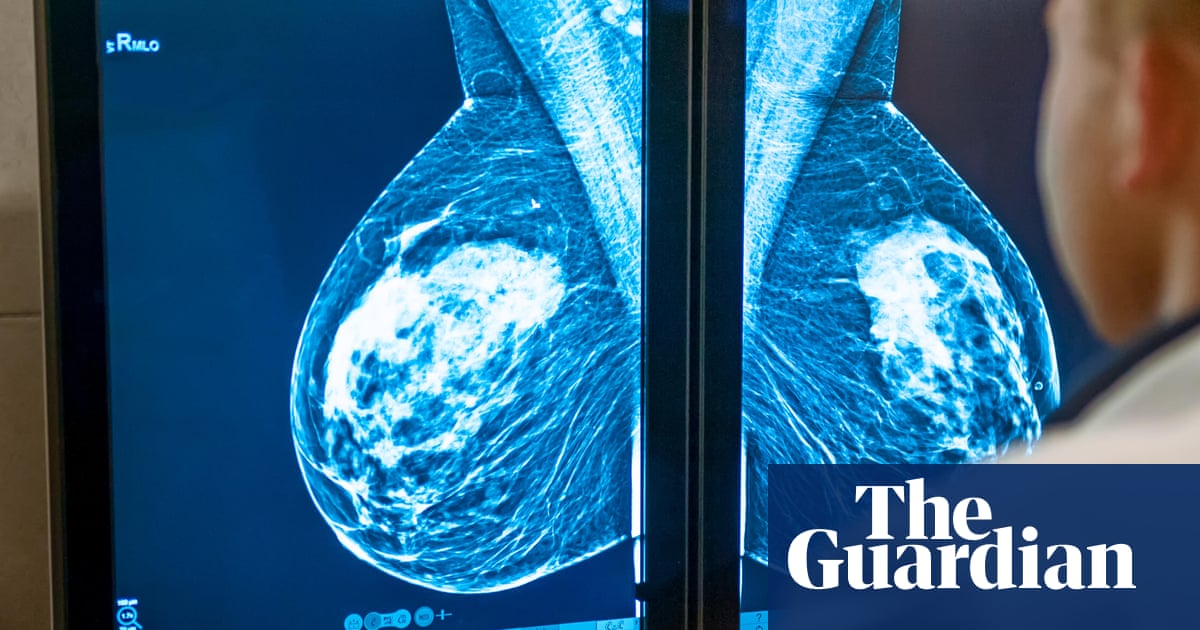Poland’s presidential elections are a “historic, groundbreaking” chance for Donald Tusk’s centrist party to show it was not trying to “deceive women” when it promised to change some of Europe’s most restrictive abortion laws, campaigners have said.
Voters across Poland will head to the polls on Sunday in the first round of the elections to replace Andrzej Duda, the current president who is aligned with the former rightwing government and has veto power over legislation.
Polls have suggested the frontrunner is Rafał Trzaskowski, the mayor of Warsaw, whose centrist Civic Coalition led by the prime minister, Donald Tusk, has promised to relax abortion laws. But in recent weeks his lead has narrowed and support has climbed for Karol Nawrocki of the populist, anti-abortion Law and Justice (PiS) party, suggesting the two could be pitted against each other in a runoff vote on 1 June.
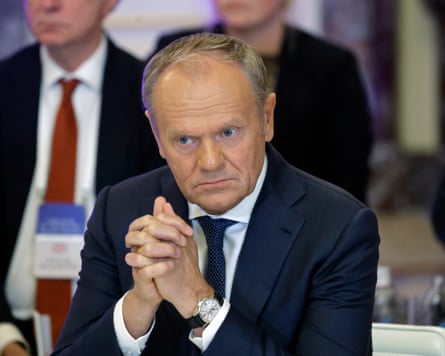
Five years after its near-total ban on abortion set off the largest protests in the country since the fall of communism, the elections will be critical in determining whether there will finally be change in Poland, said Antonina Lewandowska of Federa, the federation for women and family planning.
She said: “This is the election that will let us know how much of a chance we have to push through with an actual legislative change. This is the moment we will actually have the power to say: ‘You can do something, just as you promised.’”
In the lead-up to the 2023 parliamentary elections, the topic of abortion loomed large, with Tusk vowing that any government led by him would liberalise the laws within 100 days of being elected.
More than 500 days later, the near-total ban remains in place. Tusk has said his government has little room to manoeuvre given that Duda has a veto.
“And so if we come up with a president who would be willing to sign a new bill to improve access to abortion in Poland, it would be a historic, groundbreaking moment when the parliament actually has the possibility to do something,” said Lewandowska.
The onus would be on the government to carry through on the promises that were made to women, who turned out in record numbers to vote in 2023. “That would be an ‘aha moment’,” she said. “It would be an opportunity to actually see whether they are willing to do something or were they just trying to buy time and deceive women who won the elections for the current governing coalition.”
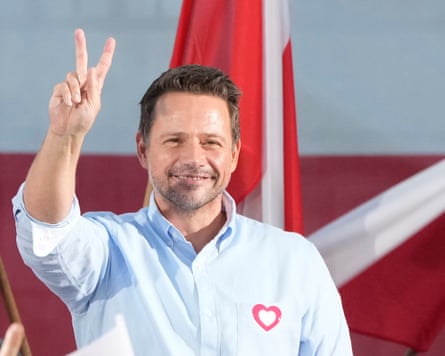
Currently, surgical abortion is only permitted in Poland in cases of rape, incest or if there are threats to the mother’s health or life. In the lead-up to the 2023 parliamentary elections, NGOs linked the restrictions to the deaths of at least six women, as campaigners said some doctors had prioritised saving foetuses due to either ideological reasons or in an effort to avoid legal consequences.
Tusk’s task has been made more complicated by the ideological divide within his coalition, which includes lawmakers on the left and staunch social conservatives. In August, Tusk conceded there was “simply no majority” to change the laws to allow abortions until the 12th week of pregnancy but said he would resume efforts after the presidential election.
Tusk said his government was working to establish new procedures in the prosecutor’s office and in Polish hospitals in the hope of easing some of the de facto restrictions.
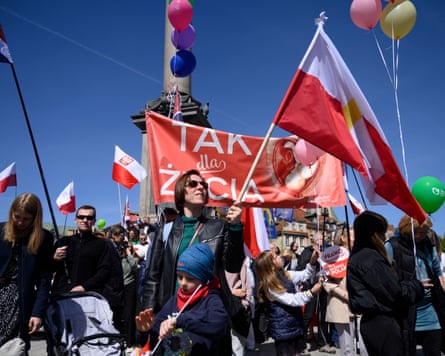
Marta Lempart of the Polish Women’s Strike, a key player in organising the mass protests, said she was certain the coalition would not keep its promises on abortion. But she was still urging people to vote, pointing to the prominent presence of far-right candidates in the election.
Lempart said: “We’re voting for the lesser evil. We’re not voting for things to get better; we’re voting so that it doesn’t get worse.”
after newsletter promotion
A rightwing president would probably be able to use their veto to stymie anything coming out of the parliament and influence the judiciary, she said.
“It means absolutely nothing will change, even if they finally try – and people will be really frustrated,” Lempart said, paving the way for the possible return to power of the populist Law and Justice party, with the possible support of the far-right Confederation coalition.
While Trzaskowski has vowed to sign off on legislation allowing abortions up to 12 weeks, he has sought to focus the campaign elsewhere, promising a hardline on migration and security in the hope of wooing conservative voters, said Natalia Broniarczyk of the NGO Abortion Dream Team.
In March, amid frustrations at the slow pace of change, Broniarczyk and a handful of other campaigners took matters into their own hands, setting up the first pregnancy termination centre in democratic Poland. While nearly 200 queries poured in during the first week, the clinic was also beset by a dozen or so people who have held near-daily protests.
“They’re so aggressive,” said Broniarczyk. “They are torturing us with noise for four hours almost every day.”
The protesters had thrown acid at the centre’s windows and door twice, she claimed. “We freaked out, we were worried about the girls [coming in], we were worried about ourselves.”

Broniarczyk said the mayor’s office had yet to address the situation, instead shifting responsibility to the police. “It probably shouldn’t be a surprise for us, but I am a little bit surprised. Not about the threats, that’s something I was prepared for, but this lack of reaction from politicians.” The city of Warsaw did not reply to a request for comment.
The silence contrasted sharply with some on the far right who have seized on the issue of abortion to seemingly galvanise votes. In March, one far-right candidate who has lagged in the polls stormed a hospital to confront a doctor who had lawfully carried out a legal late termination. The doctor later said she was left facing death threats and abuse.
While the New Left candidate, Magdalena Biejat, was an exception in that she had helped to arrange protection for the centre, Broniarczyk believed the silence of the other candidates was a hint of how some were only prepared to embrace abortion rights when the topic was politically expedient.
Biejat said: “Every day we see politicians who, on the TV or radio, say you should vote for my party because we are the guarantee for women’s rights. But when we are facing attacks, they don’t react, they don’t do anything.”

 6 hours ago
7
6 hours ago
7

